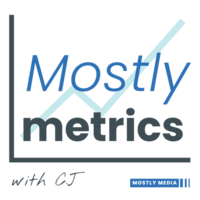- Home
- Posts
- Mostly advice: When's the best time to join a startup?
Mostly advice: When's the best time to join a startup?
How do you maximize your shot at making millions?
Subscribe to our premium content to read the rest.
Become a paying subscriber to get access to this post and other subscriber-only content.
UpgradeYour subscription unlocks:
- In-depth “how to” playbooks trusted by the most successful CFOs in the world
- Exclusive access to our private company financial benchmarks
- Support a writer sharing +30,000 hours of on-the-job insights

